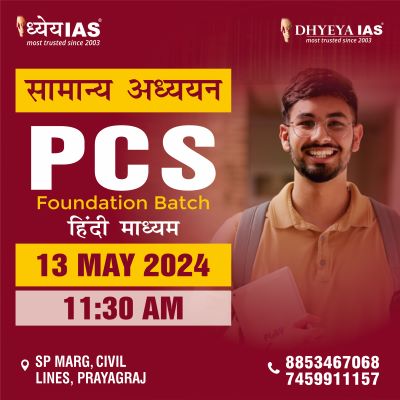Current Affairs Brain Booster for UPSC & State PCS Examination
Topic: SATAT Scheme

Why in News?
- A MoU was signed on Waste to Energy plant at Okhla, Delhi, between Indian Oil, NTPC Ltd and South Delhi Municipal Corporation (SDMC), using Gasification technology.
- This Plant shall process 17500 tons per annum of Refuse Derived Fuel (RDF) produced from combustible components of Municipal Waste to generate syngas which shall in turn be used to generate electricity.
- As per the experts, the venture would succeed as there are an existing models of providing offtake guarantee, under the Sustainable Alternative Towards Affordable Transportation (SATAT) scheme for compressed biogas (CBG) production plants.
About SATAT Scheme
- Government of India has launched SATAT initiative in 2018 to promote CBG as an alternative, green transport fuel for efficient management of biomass and organic waste.
- SATAT aims to produce 15 million tonnes of CBG from 5,000 plants by 2023, along with generating 50 million tonnes of bio-manure.
- As per scheme, Public Sector Oil Marketing Companies are inviting Expression of Interest (EoI) from potential entrepreneurs to set up CBG production plants and make available CBG in the market for use in automotive fuels.
About CBG
- Bio-gas is produced naturally (through a process of anaerobic decomposition) from waste / bio-mass sources like agriculture residue, cattle dung, sugarcane press mud, municipal solid waste, sewage treatment plant waste, etc.
- After purification, it is compressed and called CBG, which has high methane content.
- Further, CBG is exactly similar to the commercially available natural gas in its composition and energy potential.
- With similar calorific value and other properties similar to CNG, CBG can be used as an alternative, renewable automotive fuel in the coming years.
Empowering with SATAT
- Central Financial Assistance or Subsidy for setting up CBG plants has been extended to 2020-21 to promote new projects.
- Bio-manure, an important by-product of CBG Plants, is also in the process of being included in Fertilizer Control Order, 1985. This will make it easier to market and provide an opportunity for organic farming across the country as the 5000 CBG Plants are expected to produce 50 MMT Biomanure.
- India is also planning to include CBG under Priority Sector Lending to provide expedited financial assistance to new projects.
- The Indian Ministry of Petroleum and Natural Gas & Steel has also announced financial packages for Micro, Small and Medium Enterprises to develop CBG plants across India.
Other Government Support Schemes
- The National Policy on Biofuels 2018 emphasises active promotion of advanced biofuels, including CBG.
- The Government of India had launched the GOBAR-DHAN (Galvanising Organic BioAgro Resources) scheme earlier this year to convert cattle dung and solid waste in farms to CBG and compost.
- The Ministry of New and Renewable Energy has notified Central Financial Assistance (CFA) of Rs. 4 crore per 4,800 kg of CBG per day generated from 12,000 cubic metres of biogas per day, with a maximum of Rs.10 crore per project.
Significance
- SATAT initiative is a developmental effort that would benefit both vehicle-users as well as farmers and entrepreneurs.
- This initiative holds great promise for efficient municipal solid waste management and in tackling the problem of polluted urban air due to farm stubble-burning and carbon emissions.
- Use of CBG will also help bring down dependency on crude oil imports and in realising the Prime Minister’s vision of enhancing farmers’ income, rural employment and entrepreneurship.























